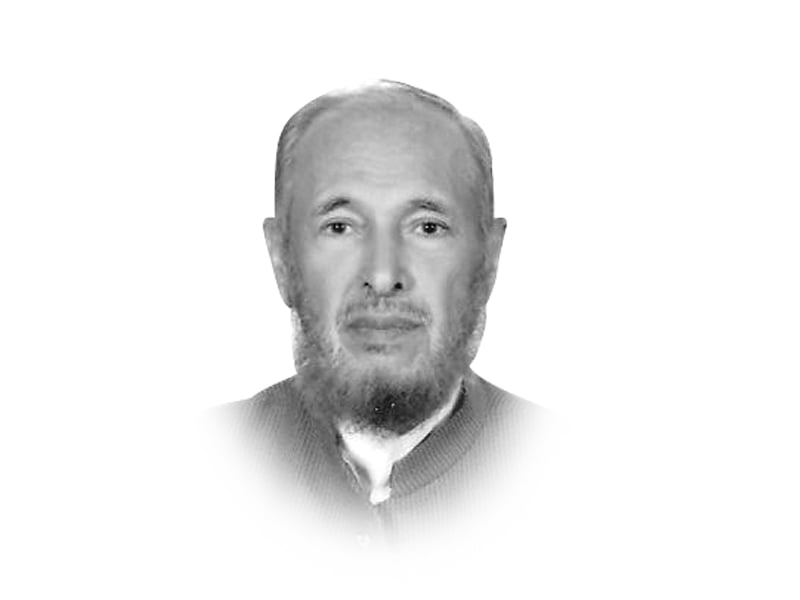
The events unfolding in the wake of the killing of Burhan Wani, a Kasmiri freedom fighter about three months ago, have demonstrated beyond any shadow of doubt that the continuance of the status-quo is not an option any longer .The number of people who have risen in revolt ,the sheer determination and defiance of the crowds, the resolve to carry forward the resistance — would reveal the deep seated acrimony against the existing order .
But it is equally necessary not to lose sight of the fact that such uprising would not lead to any secession of the state from India. Because for the Indian Union too much is at stake, considering that separatist movements have appeared in many states particularly in the North East of the country in addition to Chhattisgarh etc.
What then needs to be done to address the grievances of the people of Jammu and Kashmir? A solution that reflects the aspirations of the broad majority of the people on the one hand and is acceptable to India ( and Pakistan ), would have to be found if durable peace is to return to the area. The uprising in Kashmir, besides exacting a heavy toll of life in the valley and causing an economic collapse, has also soured relations between the two nuclear armed neighbours. A standstill in relations has now morphed into open hostility. The trouble in the valley has cast its shadows on India-Pakistan relations for nearly 70 years with no end in sight.
Both countries, particularly Pakistan have become security states where institutions and the goals of socio-economic emancipation of millions of people have been subordinated to the objective of combating, countering and surpassing the military potential of the other. This deadly race for establishing superiority in the quality and quantity of weapons has been achieved at the cost of unquantifiable human suffering.
More than 440 million people in India live on less than $2 a day. More than 60 per cent of Pakistanis suffer the same fate. The caste system in India — somewhat diminished in its intensity — is still making lives miserable for millions of people. Human dignity is an anathema to them being treated as sub-humans or worse.

As population increases, resources connected with the land and soil shrink. The two countries are water stressed — a phenomenon that would soon assume catastrophic proportions. Environmental degradation that will affect lives of people is on the increase. Despite significant progress, education is by no means universal — even primary education. About 12 million children in Pakistan don’t go to school; In India the numbers obviously are much higher. Confronted with such dire and frightening socio-economic issues that will get worse with time, the two neighbours are so awfully oblivious to the dangers that they confront. And as tensions soared in the wake of the current trouble in Kashmir, vitriolic rhetoric seemed to trump reason and sanity on both sides. There was a chorus of powerful voices calling for revenge, vendetta from both countries. It appeared the two countries are on a war path. What is shocking is that there was hardly any reference to dialogue, restraint or engagement at some level to cool things down. Patriotism in India and Pakistan is measured in terms of the extent of hostility shown by a citizen of one country to the other — a sad reflection on the state of affairs in South Asia.
No wonder then, over 1.4 billion people ie., one fifth of humanity have suffered for 70 years over the issue of non-resolution of a conflict that affects about 10 million people. This is not to denigrate the importance or the urgency of resolving the conflict in Kashmir. But would the people of both India and Pakistan remain hostage indefinitely to the Lobbies that block reconciliation between the two countries as long as Kashmir issue remains unresolved?
Regrettably, Pakistan does not seem to have any formula that would end the deadlock on Kashmir. Its support to Kashmiris is predicated on the naive assumption that soon the struggle for freedom in the valley would reach such levels that India will not be able to handle and New Delhi would be forced to concede complete autonomy to Kashmir. That is what Islamabad presumes, pave way for the incorporation of the state (or the valley) into the Federation of Pakistan.
That is paranoia. Any alterations in the border would have a snowballing effect on the many states within Indian Union where secessionist movements have taken hold. It is inconceivable that, in the foreseeable future, such a scenario of Kashmir breaking away from Indian Union would unfold on the political landscape of the region.
What Pakistan does not seem to realise is that by offering the 4 point formula as a way forward (that recognised India’s control or sovereignty over India held Kashmir), it (Pakistan ) has abandoned its stance on a plebiscite as a means of settling the dispute between the two countries .
A convergence of conflicting visions or a consensus that takes into account the objective realities on the one hand and the wishes of the people on the other, has to be found to move forward. Granting Kashmir the status of an autonomous region on the pattern of Hong Kong and Macau vis-a-vis China would seem to offer the most viable option. Pakistan will have to do likewise. Borders will not change as offered by the Pakistan formula, militaries would be withdrawn from the two parts of Kashmir by both countries, free travel will be ensured. Constitutional amendments would be necessary to carry this formula into effect.
India and Pakistan have remained locked up in a hostile relationship for 70 years with no end in sight — at a heavy cost to its teeming millions of tormented poor. The poor people of Pakistan — 60 per cent — as well as millions of others who have to grapple with the overwhelming problems that affect their daily lives — poverty, quality education, health care, jobs, security, endemic corruption, transport, electricity, clean water, sanitation — want to speak of issues like pollution ,environment etc. would better focus on these issues. Issue of Kashmir is vital to the people living in the state and their aspirations and sacrifices must constitute a crucial factor in its resolution. But for the vast majority of the impoverished people of Pakistan this has never been seen as the unfinished agenda of Partition. Breaking the gridlock of poverty has been and continues to be their principal goal and obsession.
Published in The Express Tribune, October 26th, 2016.
Like Opinion & Editorial on Facebook, follow @ETOpEd on Twitter to receive all updates on all our daily pieces.































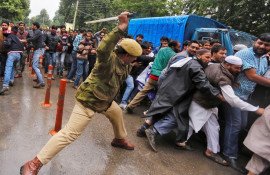
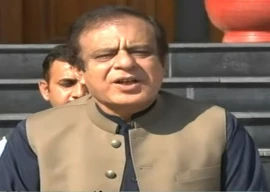

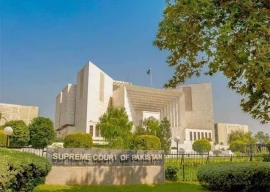
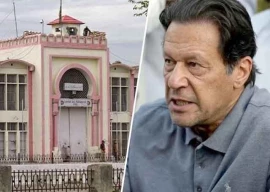





















COMMENTS (8)
Comments are moderated and generally will be posted if they are on-topic and not abusive.
For more information, please see our Comments FAQ